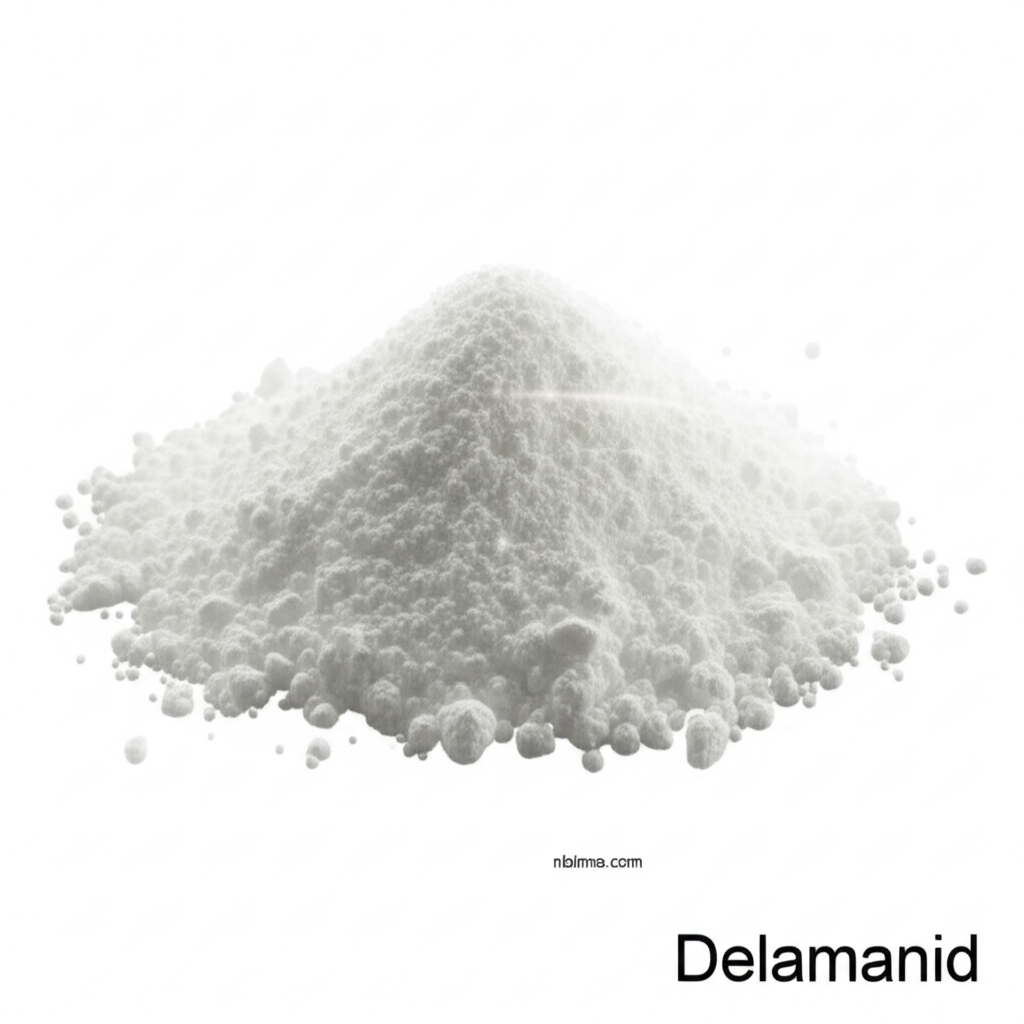Unveiling Delamanid (OPC-67683): A Breakthrough in Tuberculosis Treatment
Discover the science behind this vital pharmaceutical intermediate and its role in combating drug-resistant tuberculosis.
Get a Quote & SampleProduct Core Value

Delamanid
Delamanid, also known by its codename OPC-67683, stands as a pivotal pharmaceutical intermediate and a critical therapeutic agent for multidrug-resistant tuberculosis (MDR-TB). Its development marks a significant advancement in infectious disease treatment, offering hope where traditional regimens have faltered. The drug's unique mechanism of action and successful clinical trials have led to its approval in key global markets, highlighting its importance in global health strategies against this persistent disease.
- Explore the intricate delamanid synthesis pathway, understanding the chemical reactions and intermediates that lead to this life-saving compound.
- Learn about the delamanid mechanism of action, specifically its role as a mycolic acid synthesis inhibitor, crucial for destabilizing the tuberculosis cell wall.
- Understand the significance of delamanid drug development and its journey through rigorous clinical trials, demonstrating its efficacy and safety profile.
- Investigate the delamanid EMA approval and its implications for treating multidrug-resistant tuberculosis, providing a vital option for patients with limited alternatives.
Key Advantages
Combating Drug Resistance
Delamanid is a crucial tool in the fight against multidrug-resistant tuberculosis (MDR-TB), offering a much-needed alternative when standard treatments fail.
Novel Mechanism of Action
Its unique approach of inhibiting mycolic acid synthesis provides a distinct advantage in treating TB, making it effective against resistant strains.
Global Health Impact
With approvals in major regions like the EU and Japan, delamanid plays a vital role in addressing the global public health challenge of tuberculosis.
Key Applications
Tuberculosis Treatment
Delamanid is primarily used as a pharmaceutical intermediate for the development of drugs treating pulmonary multidrug-resistant tuberculosis (MDR-TB) in adult patients.
Antimycobacterial Research
It serves as a critical compound in ongoing research and development for novel antitubercular agents and understanding drug resistance mechanisms.
Pharmaceutical Synthesis
As an API intermediate, it is essential in the large-scale synthesis of Delamanid, ensuring its availability for global healthcare needs.
Clinical Trials Support
The compound is vital for studies and trials aimed at improving tuberculosis treatment regimens and exploring new therapeutic strategies.
